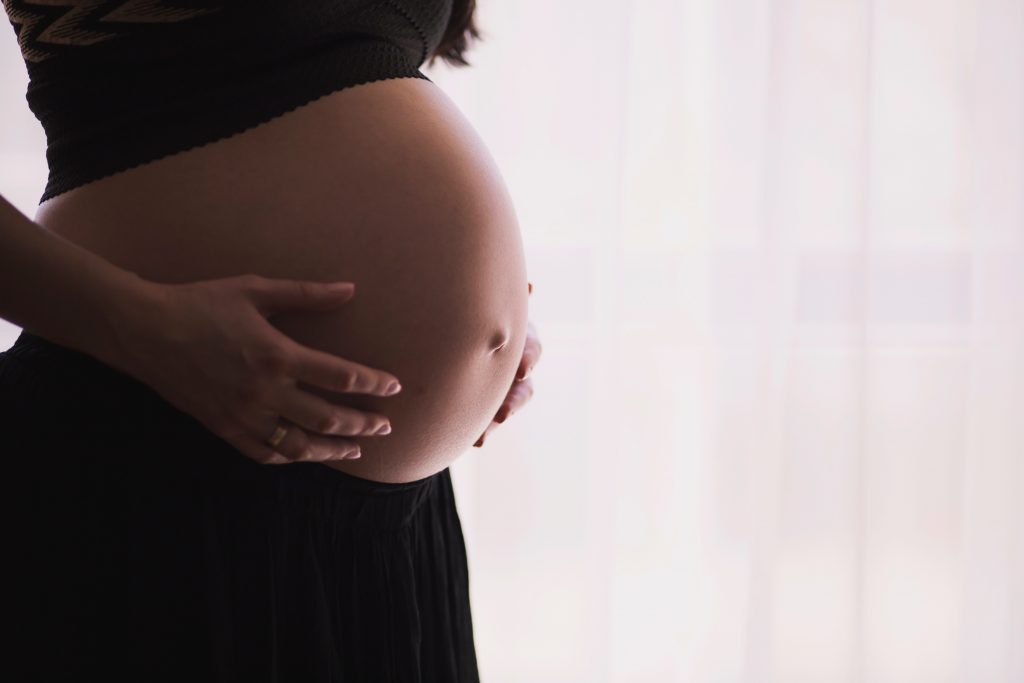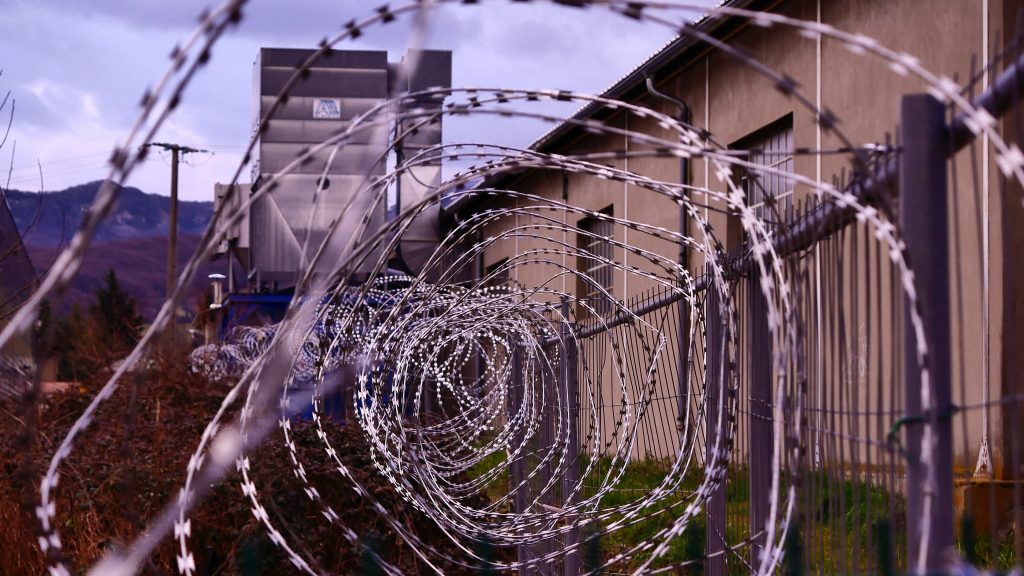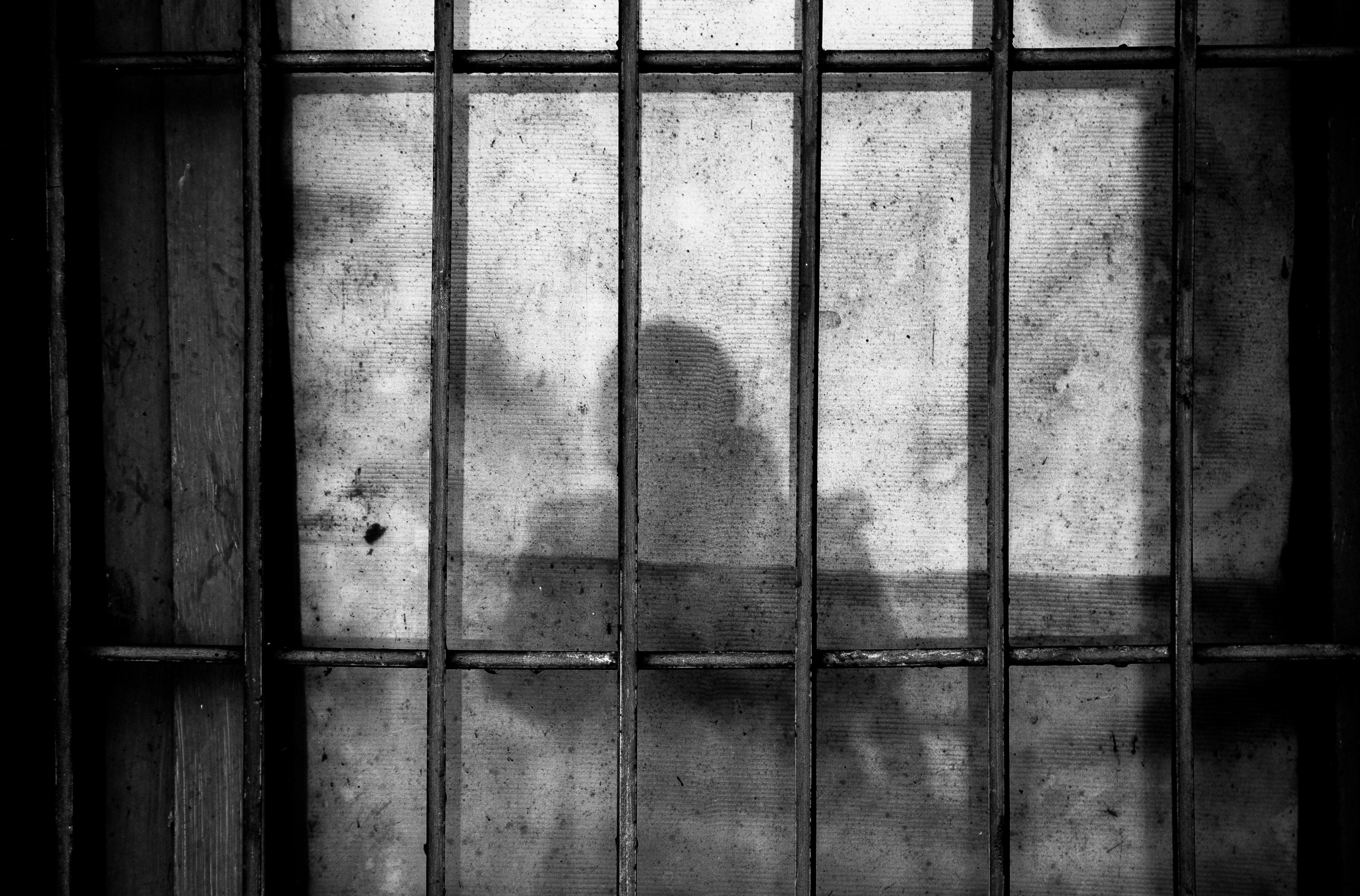Recent research has highlighted that pregnant women are giving birth in prison cells without access to proper medical care such as midwives. Denise Marshall, Head of Services at Birth Companions, a charity supporting pregnant women and new mothers in prison, outlines how their health and human rights are compromised when they should receive the same care as pregnant women in the community.
I began working in Holloway Prison with pregnant women in 1996. Each week, in my antenatal class, we would discuss topics like breathing and what to expect in labour and women would talk about their hopes and fears.
The hopes were similar to the ones expressed by women in classes outside the prison but the fears were very different. Women worried about officers responding and being unlocked in time to get to hospital if they had a medical emergency or went into labour.
Concerns raised human rights issues to do with dignity and privacy and the right to family life.
They were also worried that officers often stayed in the room with women while they were giving birth or afterwards when they wanted to breastfeed, and that family or partners might not be called in time to be there. There were high levels of anxiety and the women’s concerns raised human rights issues to do with dignity and privacy and the right to family life.
 Credit: Freestocks Unsplash
Credit: Freestocks Unsplash
Shortly before I started in the prison, a Channel 4 documentary had shown a woman shackled to a prison officer during her labour. Birth Companions, the organisation that I now work for, had come into being in response to this and offered experienced birth volunteers to support women so that they would not be alone when giving birth. Holloway welcomed Birth Companions into the prison and called them when women went out to hospital. It seemed a hopeful time and that conditions would improve.
It is estimated that 600 women receive antenatal care and 100 give birth each year in prison in England.
However, prisons are difficult places and there are many challenges. Budget cuts mean that staff are under constant pressure, there is a continuous staff turnover and security is the priority, so there is rarely the capacity to embed or share good practice. Women form only 5% of the prison population and are in a system that has been designed for men. Pregnant women are an even smaller group. Although figures are not collected, it is estimated that 600 women receive antenatal care and 100 give birth each year in prison in England.
In theory, pregnant women in prison are protected by national and international human rights legislation, and also by the principle of “equivalence of healthcare for people in prison and in the community”.
This means that pregnant women in prison should receive the same healthcare and service as pregnant women who are not in prison. NHS England Health and Justice, which is responsible for commissioning adults across secure and detained settings, describes the principle of equivalence as ensuring, ‘the health needs of a population constrained by their circumstances are not compromised and that they receive an equal level of service as that offered to the rest of the population.’
In reality, however, pregnant women continue to fall through the cracks. Prison Service Instructions (PSIs) cover most areas of prison life but, despite many calls for this, there is no PSI covering the care of pregnant women or women giving birth. In fact prison officers sometimes feel that they must not treat pregnant women any differently or this would be favouritism.
Individual prisons and staff members are left to decide how they care for perinatal women, resulting in huge inconsistencies.
In 2016 Birth Companions published a Birth Charter with 15 recommendations for the care of women in prison in England and Wales in the perinatal period. This was based on working with hundreds of pregnant women, women who went on to prison Mother and Baby Units and women who were required to separate from their babies.
We have worked with prisons using the Birth Charter to try to bring about improvements. One prison has linked phones in cells to the local labour ward so pregnant women can get advice from a midwife 24 hours a day about bleeding and waters breaking as they would be able to do in the community.
 Credit: Graphik H Unsplash
Credit: Graphik H Unsplash
Other prisons are providing food packs for pregnant women, acknowledging that they may need additional calories or could miss meals due to morning sickness. This year, the Prison Service has enabled us to work in two new prisons without Mother and Baby Units with women who have separated from their babies.
However, despite some progress, individual prisons and staff members are left to decide how they care for perinatal women, resulting in huge inconsistencies. Dr Laura Abbott’s recently published research, ‘What is the experience of being a pregnant woman in prison?‘, into the experience of pregnancy in three English prisons has shown that many women do not get the access to midwifery advice that they are entitled to.
One woman interviewed said she knew that she needed to go to hospital but was told by prison staff that she was not in labour. She later experienced a high risk delivery in her cell.
The lack of clear instructions often means that officers or unqualified medical staff are left to decide whether a woman is in labour or needs to speak to a midwife. As a result, some women are giving birth in cells. One woman interviewed said she knew that she needed to go to hospital but was told by prison staff that she was not in labour. She later experienced a high risk delivery in her cell: her baby was four weeks early and in the breech position.
Multiple reports have identified women in prison as a highly vulnerable group and Baroness Corston’s 2007 report into vulnerable women in prison questioned whether many women in prison should even be there. Ministry of Justice figures show that more than half of female prisoners have experienced emotional, physical or sexual abuse and 31% have spent time in care. Many women come into prison with substance misuse issues and very poor physical and mental health. They have often experienced trauma and are facing many challenges in their lives.
Some women say that they can only get help and feel safe while in prison but many women feel scared and re-traumatised by the experience. These are huge and complex issues which have been hidden away behind prison gates. It is really important that these women’s voices are heard, that they receive equivalence of healthcare and that their rights are respected.
Featured image credit: Yejinghan Unsplash






